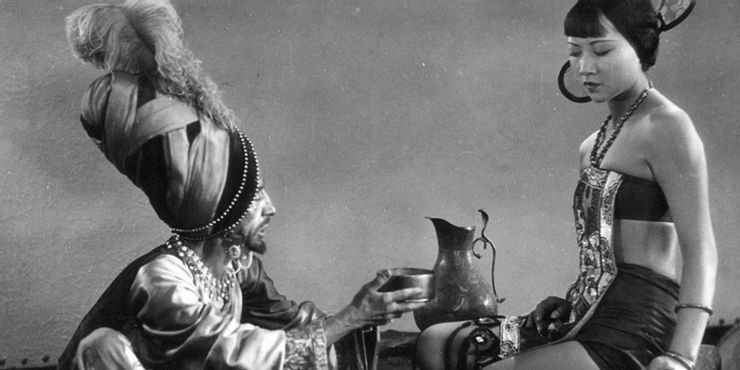
The Evolution of the Asian Heroine in Hollywood
NERDIST

Hollywood hasn’t been easy on representation for Asian Americans. Just five years ago, the Oscars made Asians a punchline with three Asian children dressed as PricewaterhouseCoopers accountants. (The awards show mocked them with the stereotype of being good at math and building iPhones.) Only recently have there been major strides to increase Asian representation in films and television. The success of 2018’s Crazy Rich Asians began opening doors for Asian stories in film and television starring and/or directed by Westernized Asians. With the growing promise for inclusion and diversity, studios are realizing the power behind Asian-led projects, bringing about an increase of Asian representation in films since 2014. Still, it’s the type of roles available that really matter. Especially for Asian women, who have historically been seen as overtly sexualized or the exotic femme fatale.
A History of Harmful Depictions
Since the early age of Hollywood cinema, Asian women have been reduced to two highly sexualized tropes. The Lotus Flower/China Doll trope reinforces the idea of Asian women as dainty and subservient. One film with an especially long-lasting effect is 1987’s critically acclaimed Vietnam War film Full Metal Jacket. In the film, a Vietnamese sex worker tells American soldiers, “Me so horny. Me love you long time.” This piece of dialogue has been sampled into 2 Live Crew’s song “Me So Horny” and Sir-Mix-a-Lot’s 1992 hit “Baby Got Back,” and has been referenced in The 40-Year-Old Virgin, South Park, and Family Guy, among others
